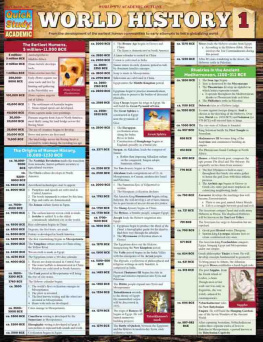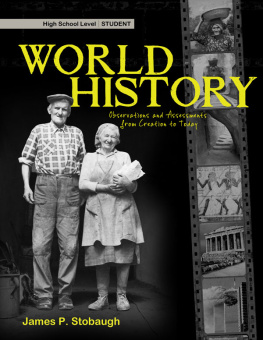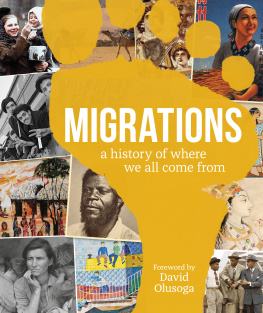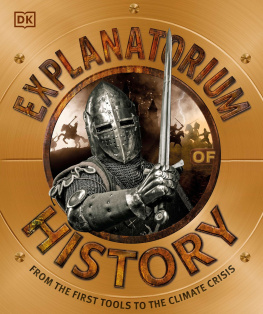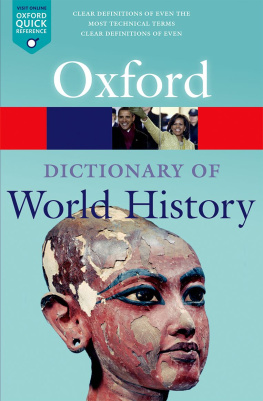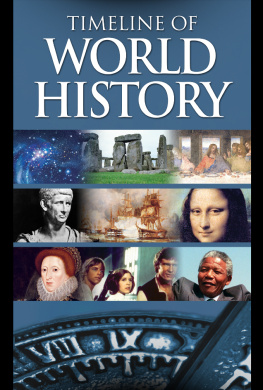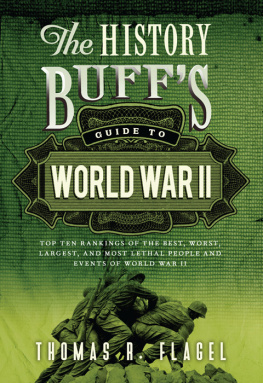| ca. 10,0005000 BCE | The Neolithic Revolution marks the transition from nomadic, hunter-gatherer societies to agricultural societies. |
| ca. 92008900 BCE | The Clovis culture develops in North America. |
| ca. 8500 BCE | Arrowhead technologies start to appear. |
| ca. 8000 BCE | - Pumpkins and squash are cultivated in Central America.
- The wooly mammoth is extinct by this time.
- Pigs and cattle are domesticated.
|
| ca. 75004500 BCE | The Jomon culture forms in Japan. |
| ca. 7000 BCE | - The earliest known woven cloth is made.
- Jericho is settled. It is the oldest continuously inhabited city in the world.
|
| ca. 6500 BCE | Rice cultivation begins in China. |
| ca. 6300 BCE | Dugouts, the first boats, are made. |
| ca. 6000 BCE | Pottery is developed in South America. |
| ca. 5200 BCE | The first winemaking begins in Mesopotamia. |
| ca. 5000 BCE | The Yangshao culture arises in China along the Yellow River. |
| ca. 4400 BCE | Woven cloth is made in Egypt. |
| ca. 4236 BCE | The Egyptians create a 365-day calendar. |
| ca. 4000 BCE | - Horses are domesticated in Central Asia.
- The water buffalo is domesticated in China.
- Potatoes are cultivated in South America.
|
| ca. 38003200 BCE | The Uruk period in Mesopotamia will bring the rise of city-states. |
| 3760 BCE | The Hebrew calendar begins. |
| ca. 3500 | - The worlds first civilization emerges in Mesopotamia.
- The plow is invented.
- The first known writing and the wheel are invented in Mesopotamia.
- Boats with sails are developed.
|
| ca. 35003000 BCE | Cities emerge in Mesopotamia. |
| ca. 3300 BCE | Cuneiform writing is developed by the Sumerians in Mesopotamia. |
| ca. 3200 BCE | Hieroglyphic writing is developed in Egypt. It uses pictures to represent both sounds and words. |
| ca. 3100 BCE | Civilization begins in Egypt. |
| ca. 3000 BCE | - The Bronze Age begins in Greece and China.
- The llama is domesticated in South America.
|
| ca. 2950 BCE | A lunar calendar is created in China. |
| ca. 2900 BCE | Cotton is cultivated in India. |
| ca. 28002350 BCE | Sumer enters its early dynastic period as rule by dominant families emerges. |
| ca. 2800 BCE | Soap is made in Mesopotamia. |
| ca. 2700 BCE | Silkworms are cultivated in China. |
| ca. 26952160 BCE | Egypt enters the Middle Kingdom period. |
| ca. 2600 BCE | Egyptians begin to practice mummification, most often to preserve the bodies of deceased pharaohs. |
| ca. 2589 BCE | King Cheops begins his reign in Egypt. He will build the Great Pyramid of Giza. |
| ca. 25582532 BCE | The Great Sphinx is constructed in Egypt near the pyramids of Giza. |
| ca. 2500 BCE | - The Harappan civilization arises along the Indus River in India.
- Construction of Stonghenge begins in England, possibly as a burial site.
|
| ca. 2371 BCE | Sargon, an Akkadian, leads the conquest of Sumer. - Rather than imposing Akkadian culture on the conquered, Sargon adopts Sumerian culture.
|
| ca. 2356 BCE | The Yao dynasty begins in China. |
| ca. 2100 BCE | Abraham leads a migration out of Ur, in Mesopotamia, to Canaan, modern-day Israel and Palestine. |
| ca. 2000 BCE | - The Sumerian Epic of Gilgamesh is written.
- The Harappan civilization declines.
|
| ca. 1792 BCE | The Amorite king Hammurabi begins ruling Babylon. He will develop a set of laws famous for its provisions of an-eye-for-an-eye justice. |
| ca. 1750 BCE | The Shang dynasty begins in China. |
| ca. 1730 BCE | The Hyksos, a Semitic people, conquer Egypt. |
| ca. 17001600 BCE | Joseph leads the Hebrew migration into Egypt. |
| ca. 1600 BCE | - Egyptians begin to produce the Book of theDead, a hieroglyphic guide for the dead to find their way through the afterlife.
- The Mycenaean civilization arises in Greece.
|
| ca. 1570 BCE | The Egyptians drive out the Hyksos, inaugurating the New Kingdom period. |
| ca. 1500 BCE | The Vedic period begins in the Indus Valley with the emergence of the Aryan people. |
| ca. 1500500 BCE | The Rigveda, a collection of philosophical and religious writings in early Sanskrit, is composed in India. |
| ca. 1483 BCE | Pharaoh Thutmore III begins his rule in Egypt and initiates expansion into Syria and Palestine. |
| ca. 1360 BCE | The Hittite people expand into Syria and Mesopotamia. |
| ca. 1334 BCE | Tutankhamen ascends to the throne of Egypt. His mummified corpse will be discovered in 1922. |
| ca. 1279 BCE | The reign of Ramses II begins in Egypt. He will launch numerous building projects. |
| ca. 1274 BCE | The Battle of Qadesh, between the Egyptians and the Hittites in modern-day Syria, ends without a victor. |
| ca. 1270 BCE | Moses |

